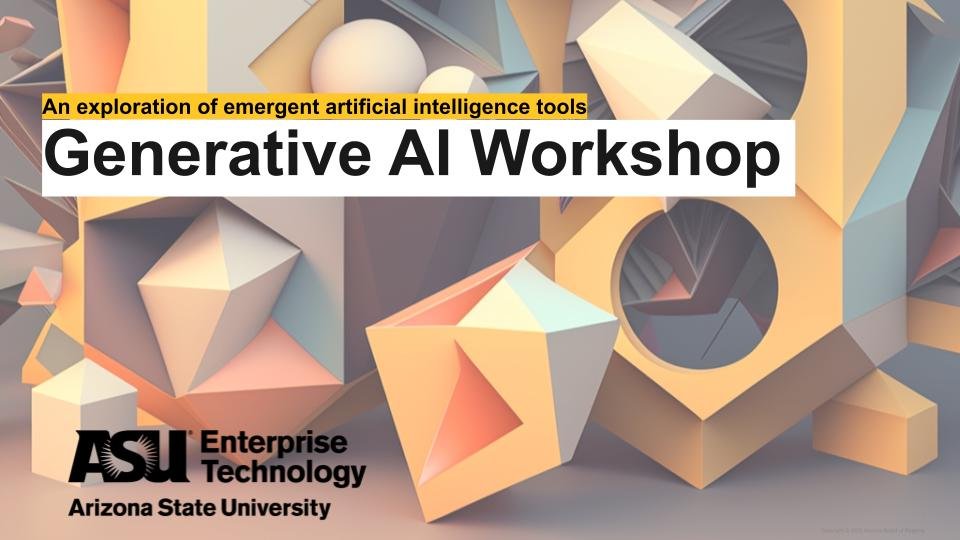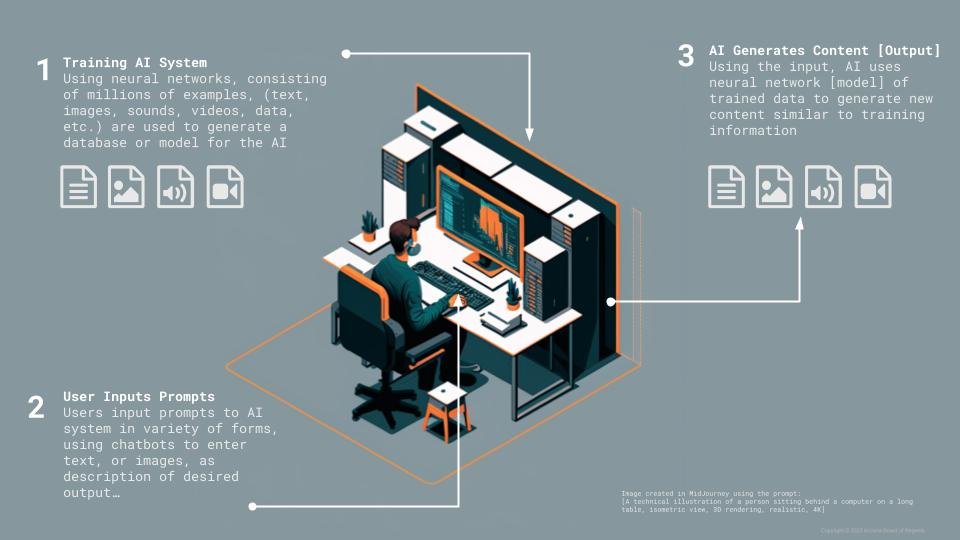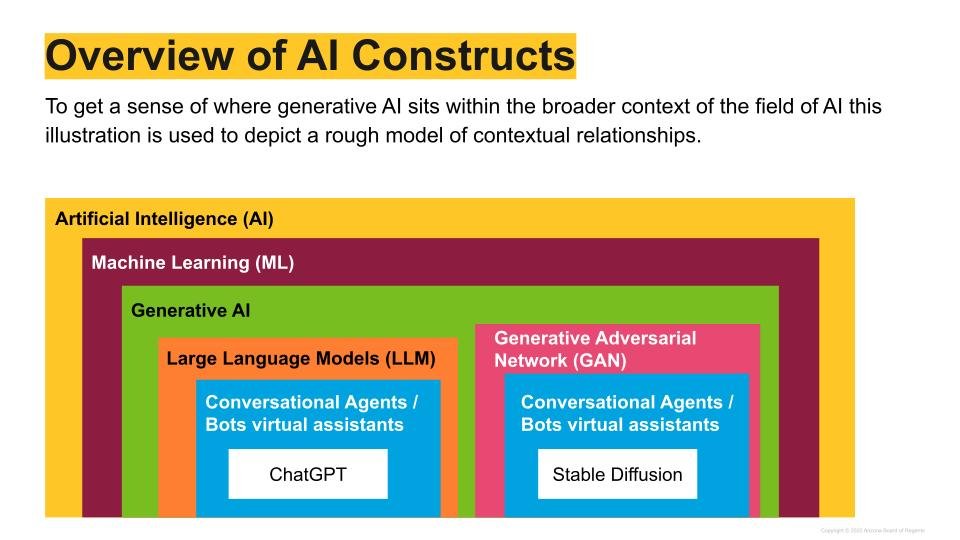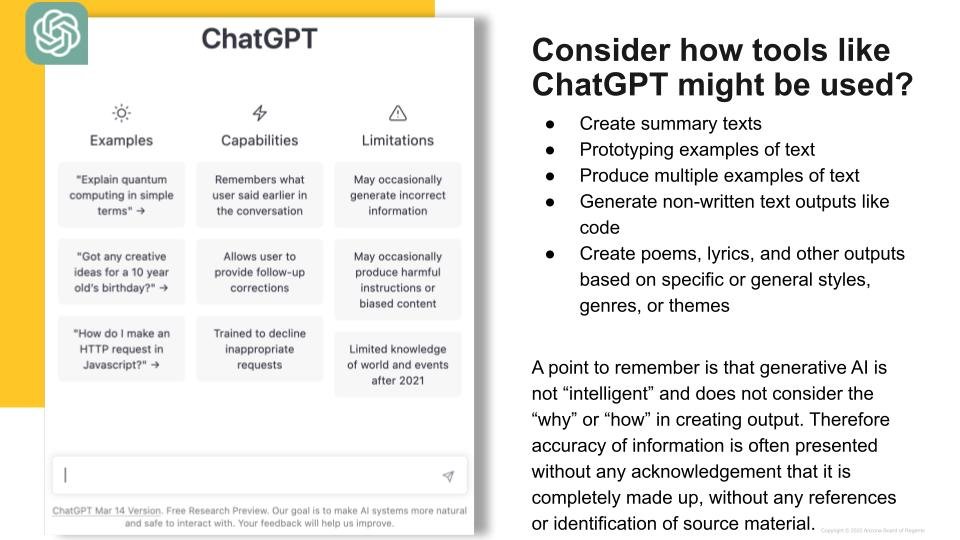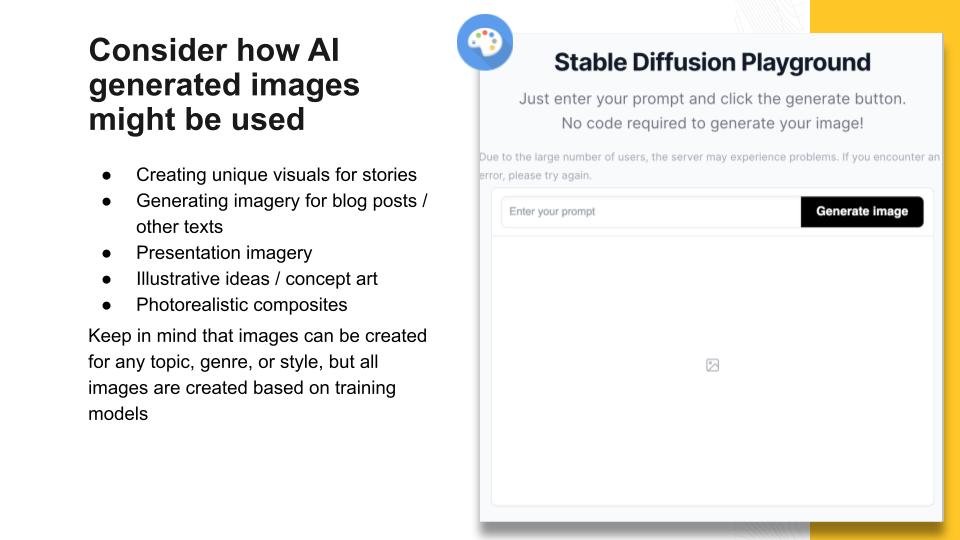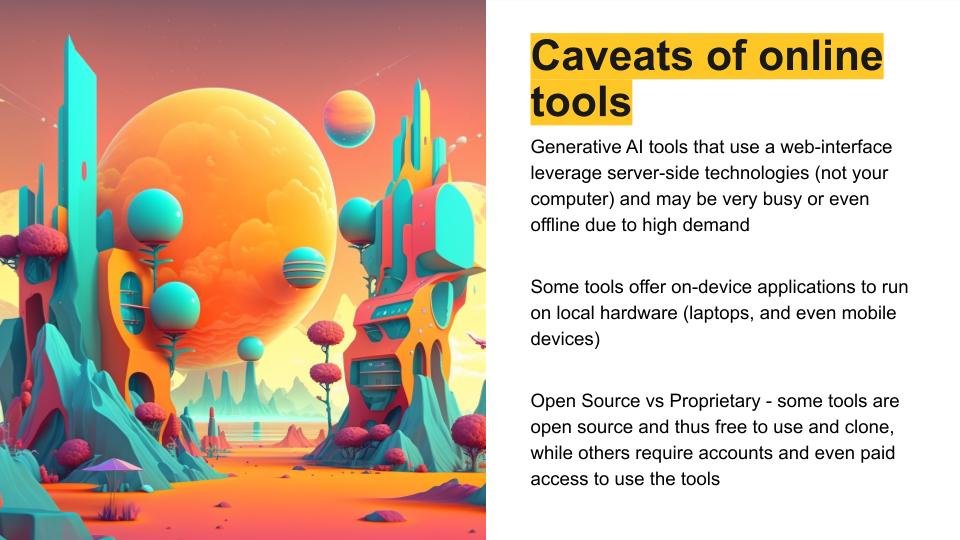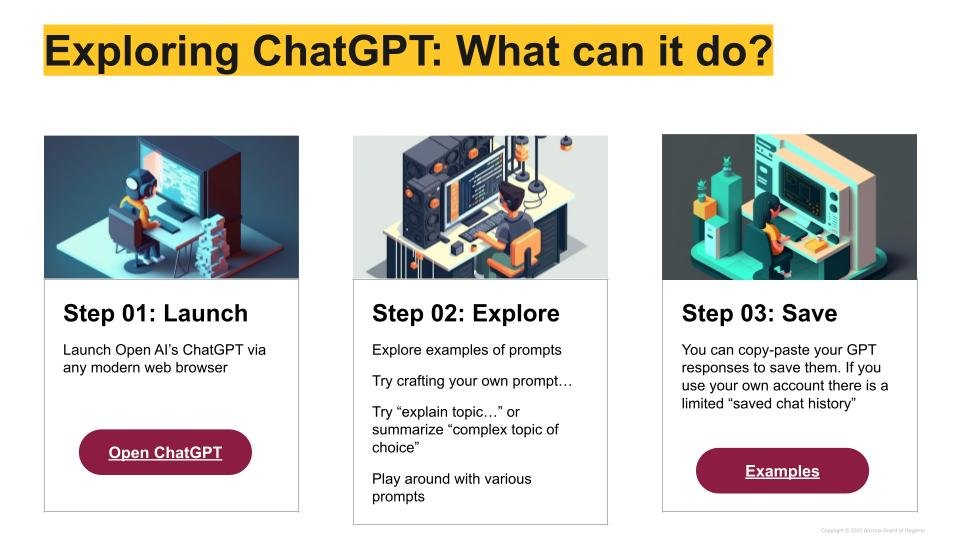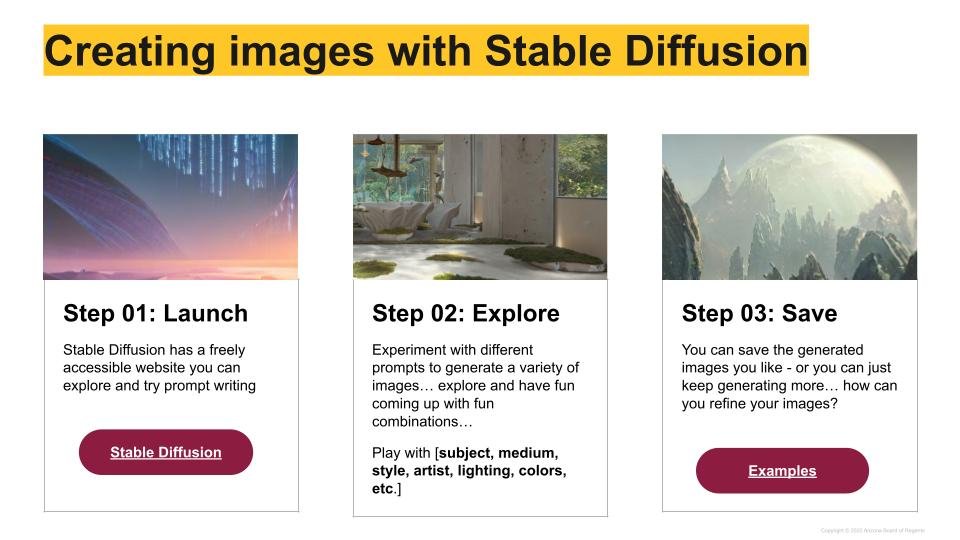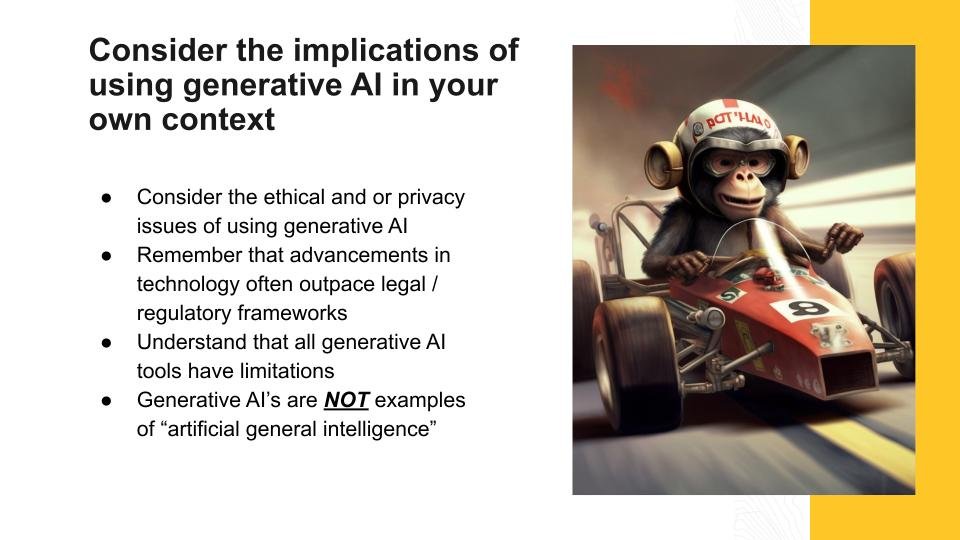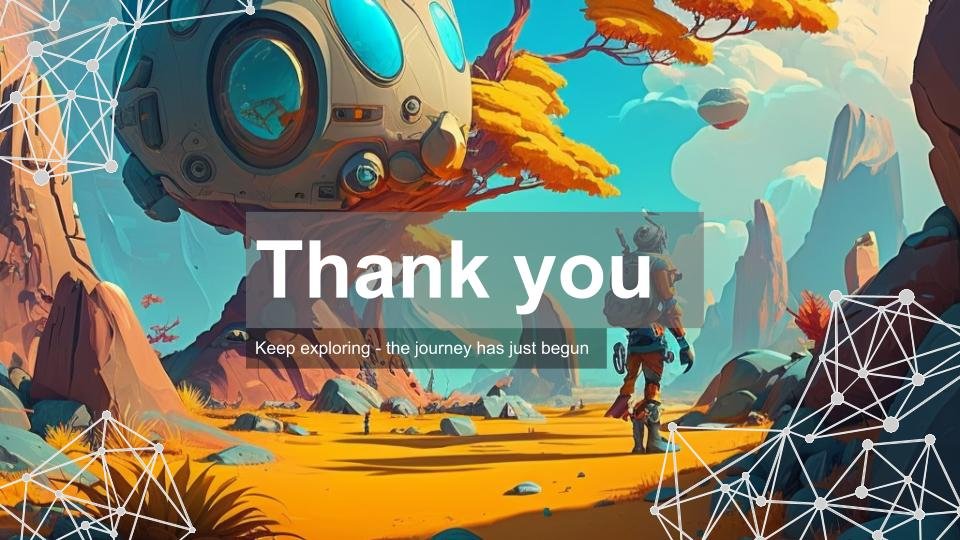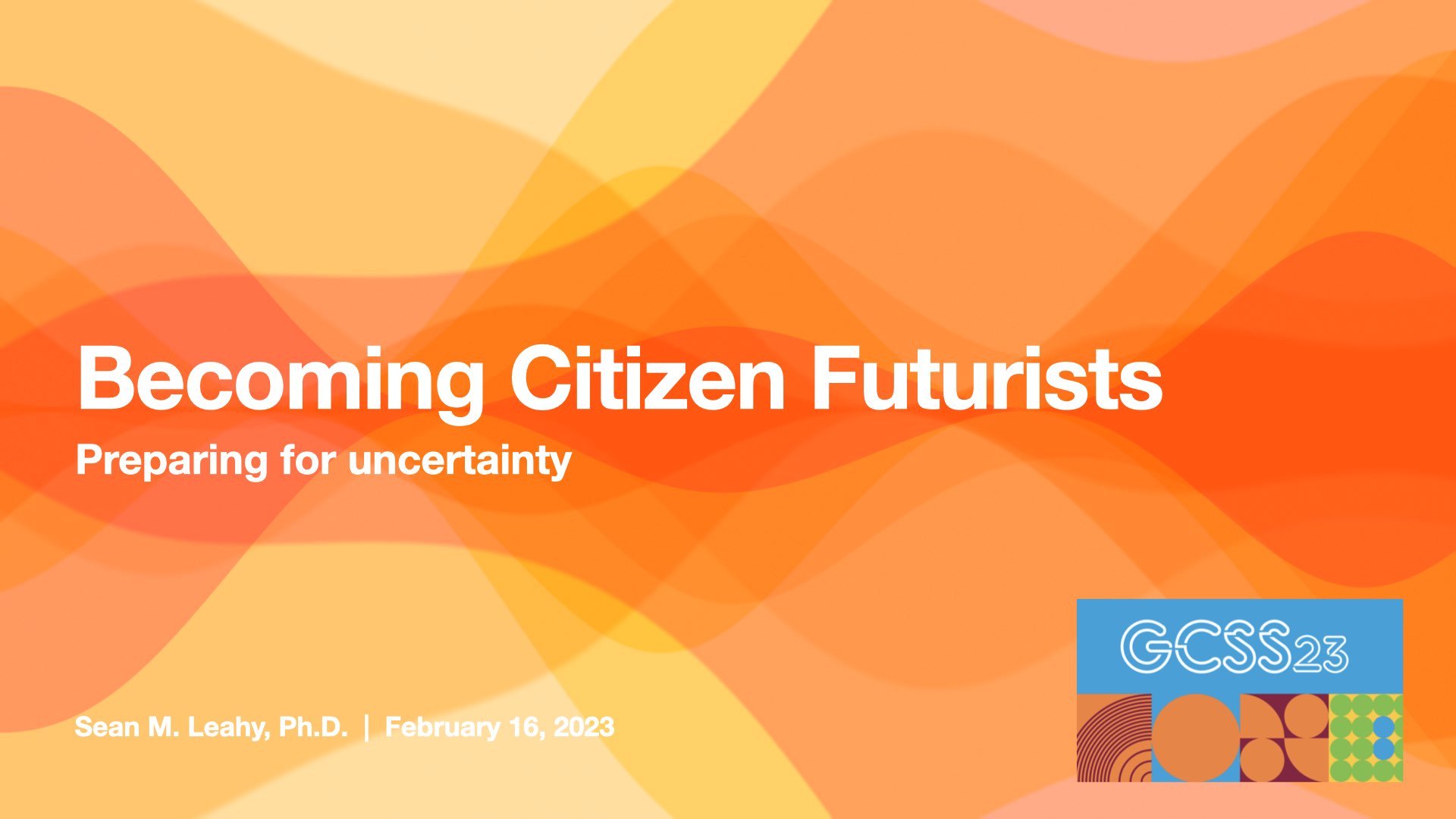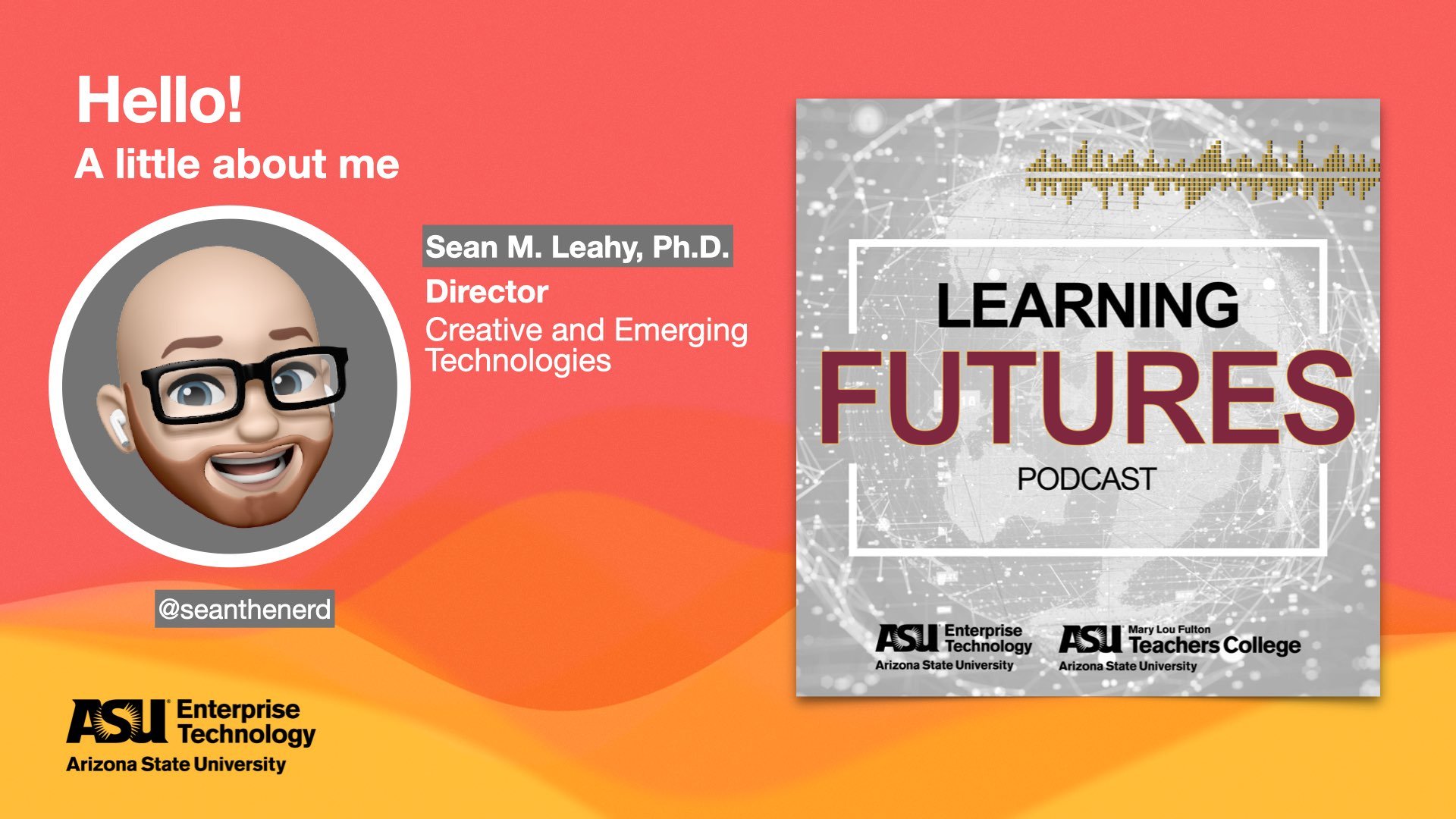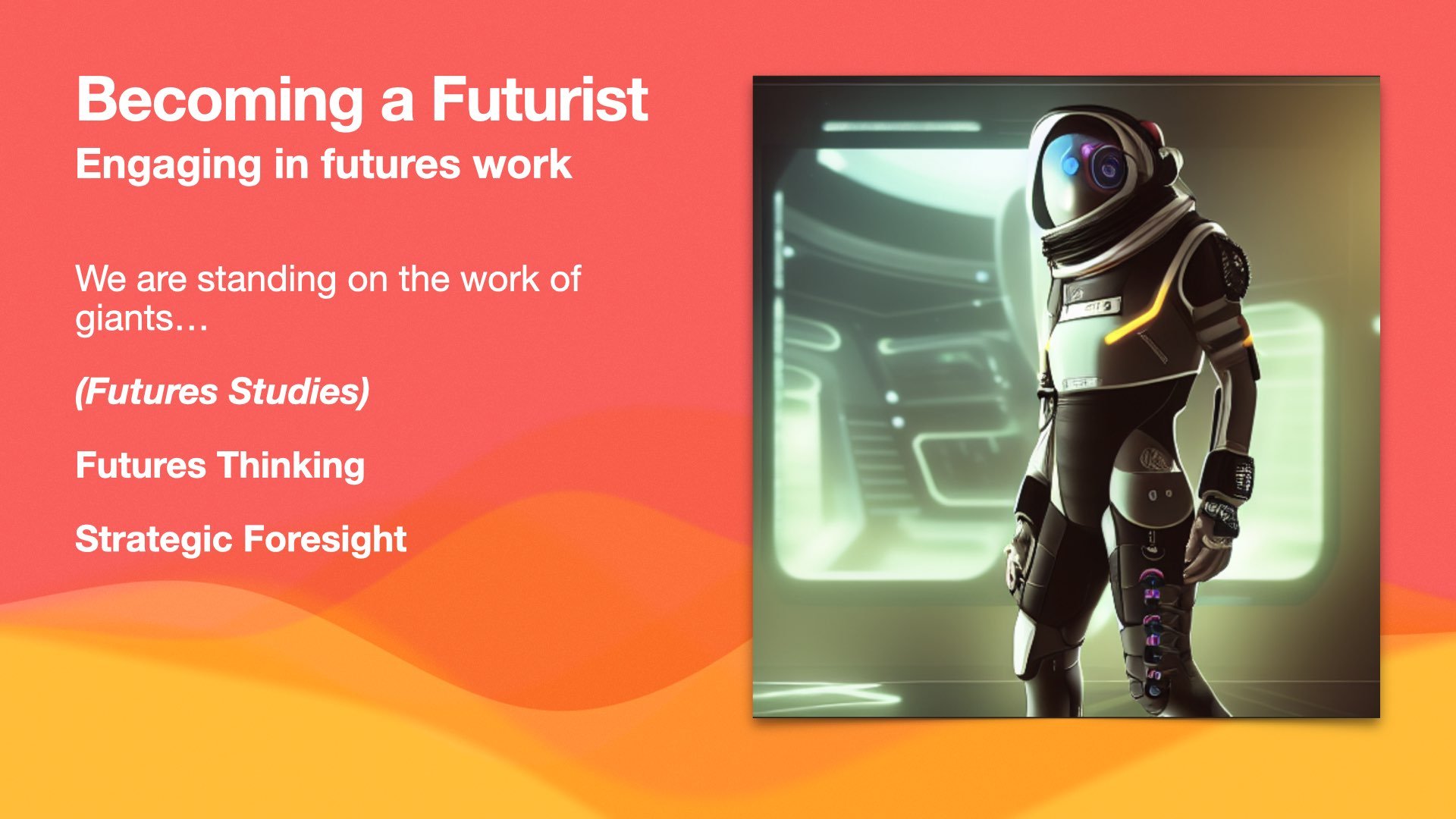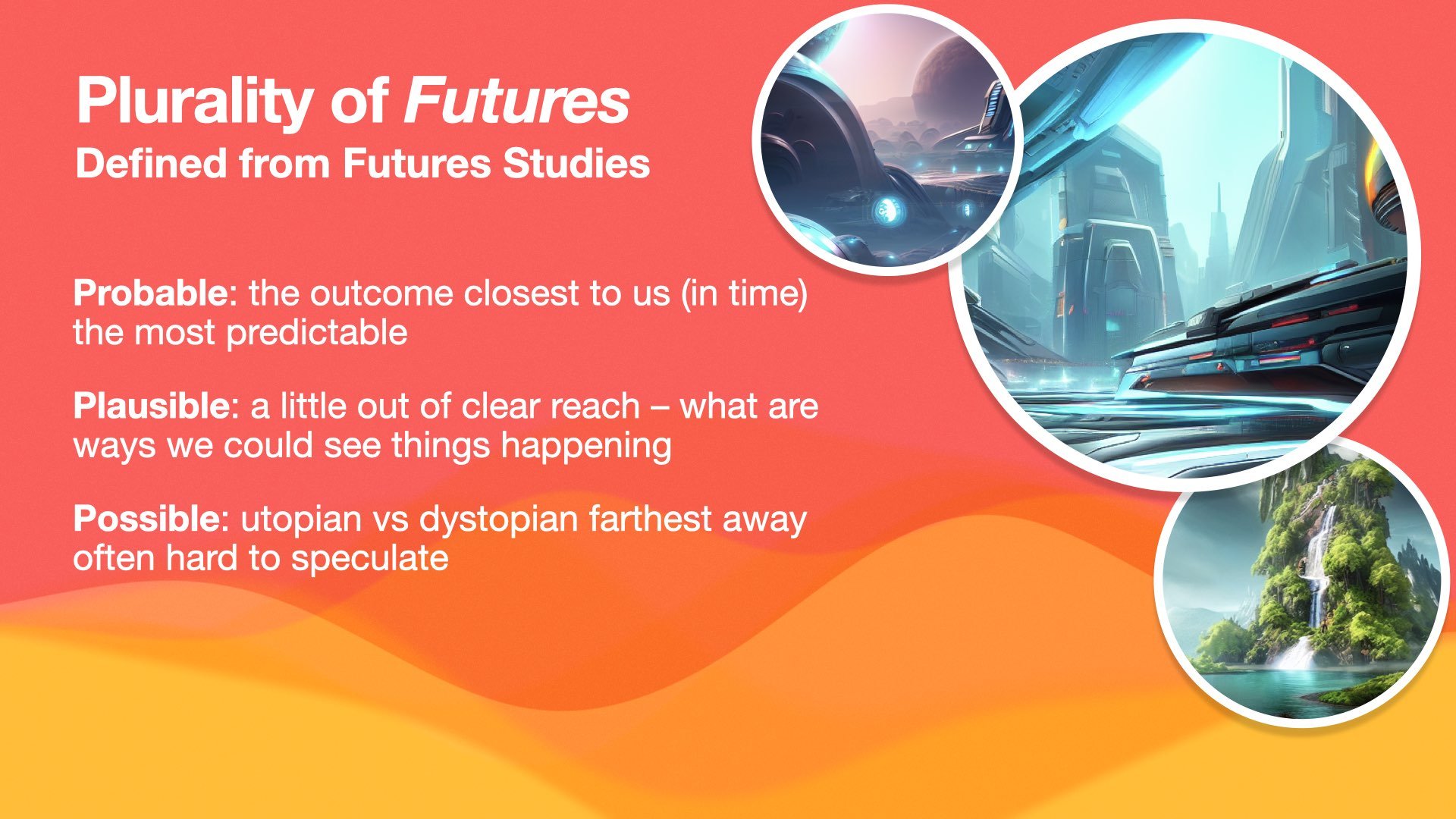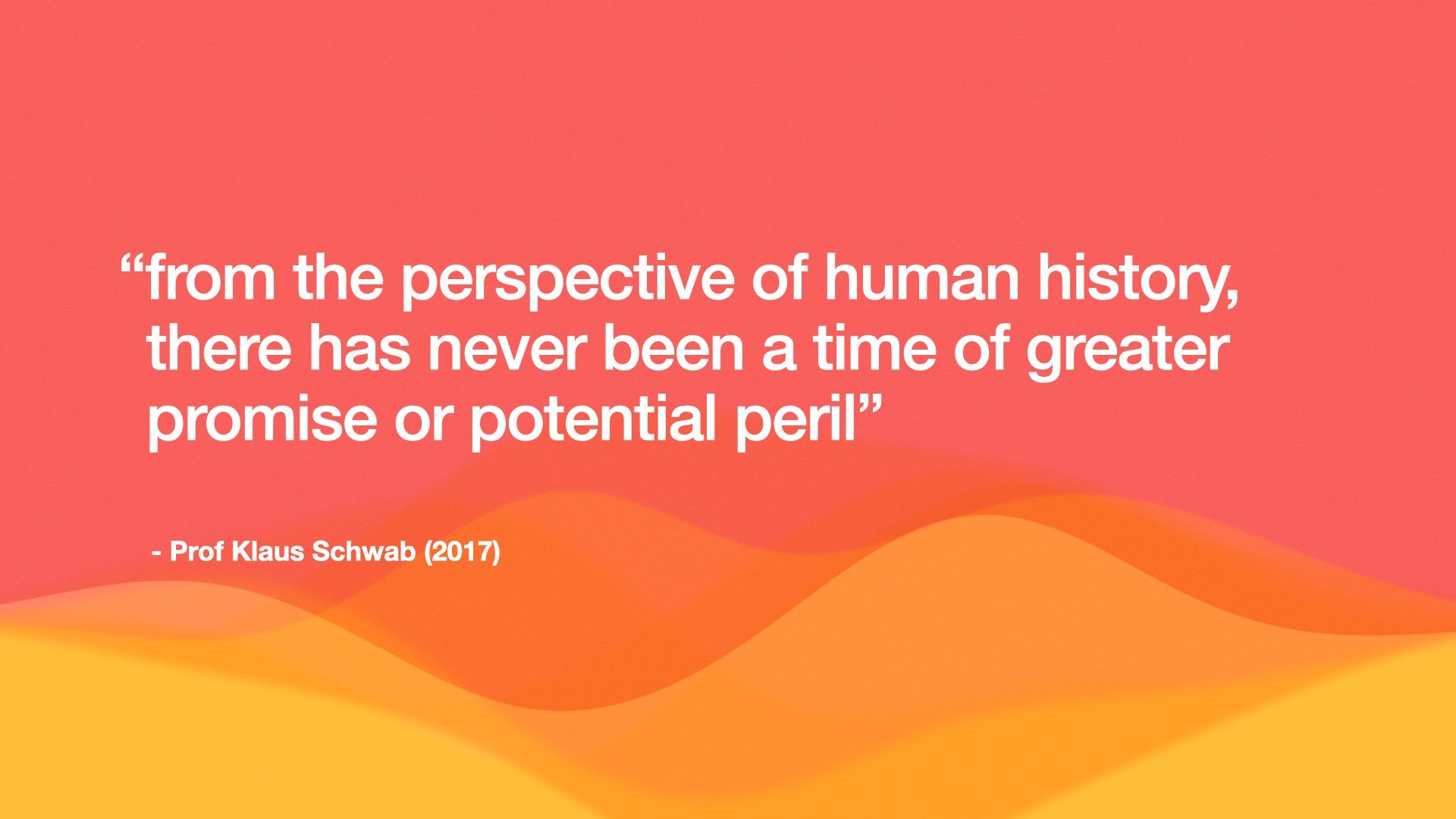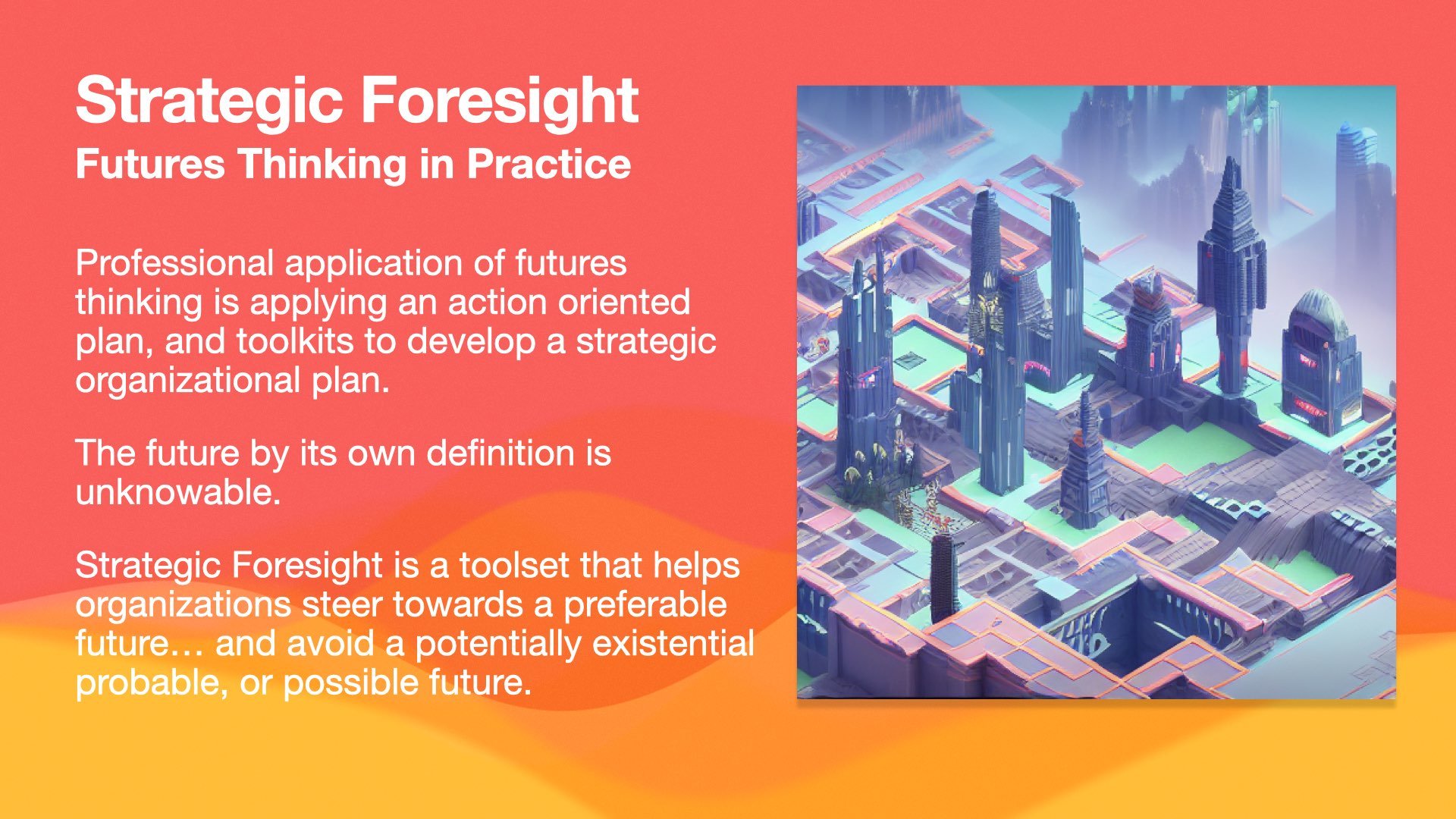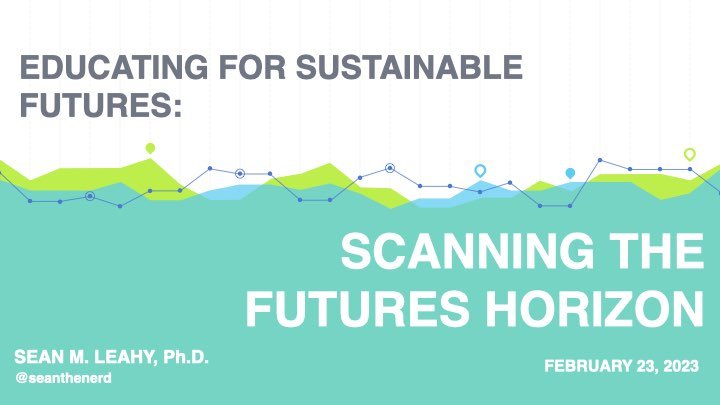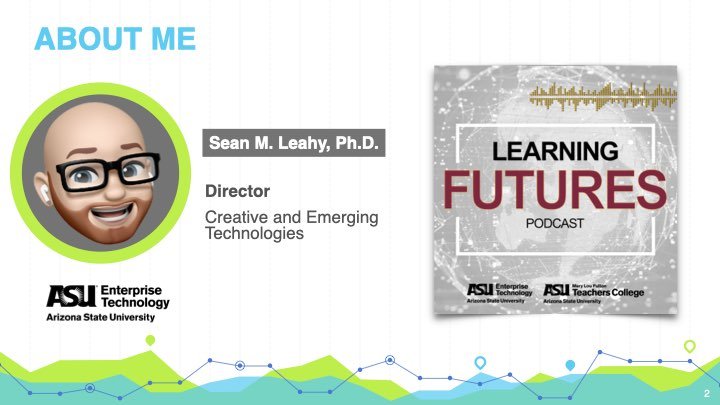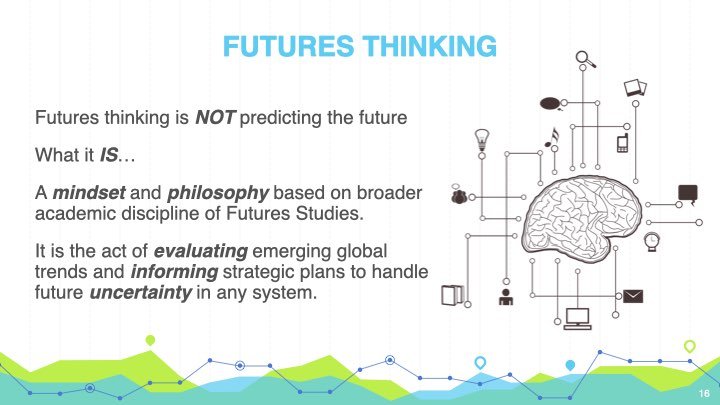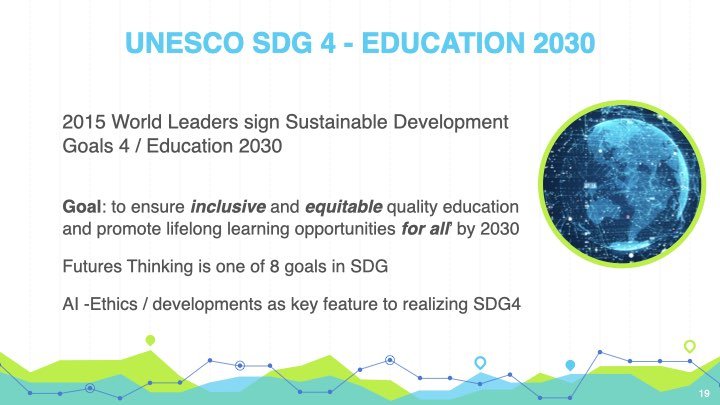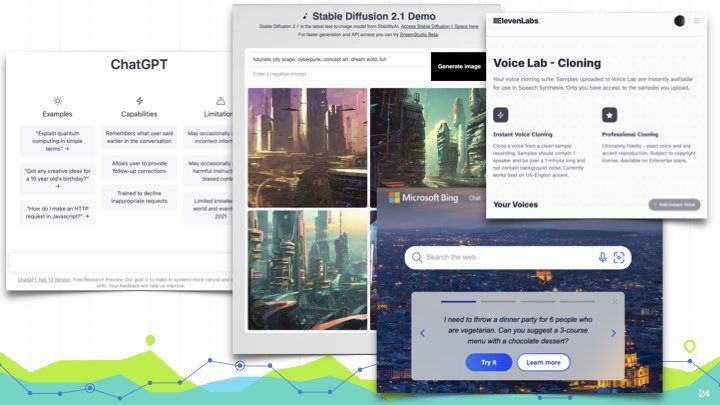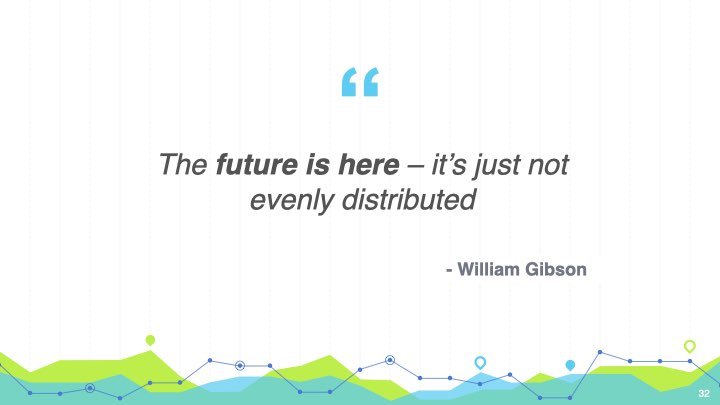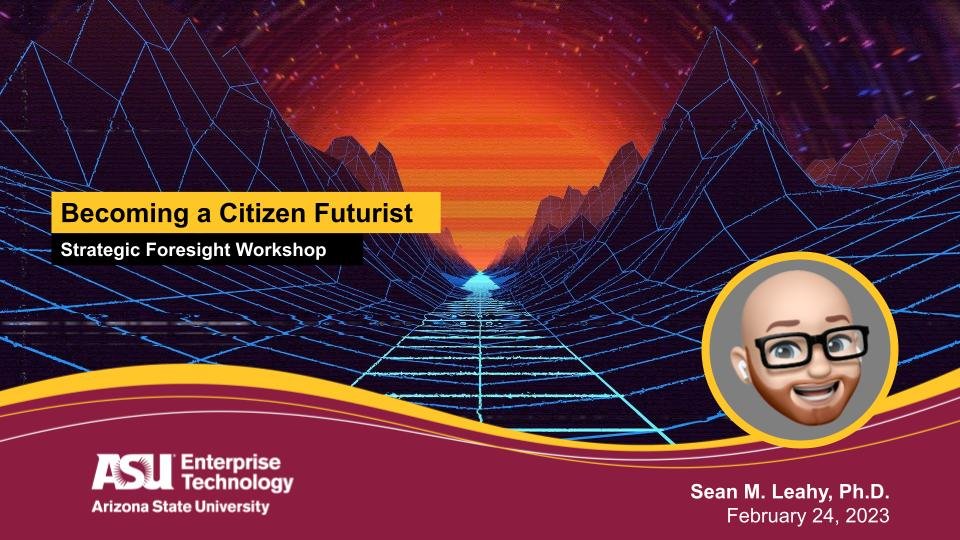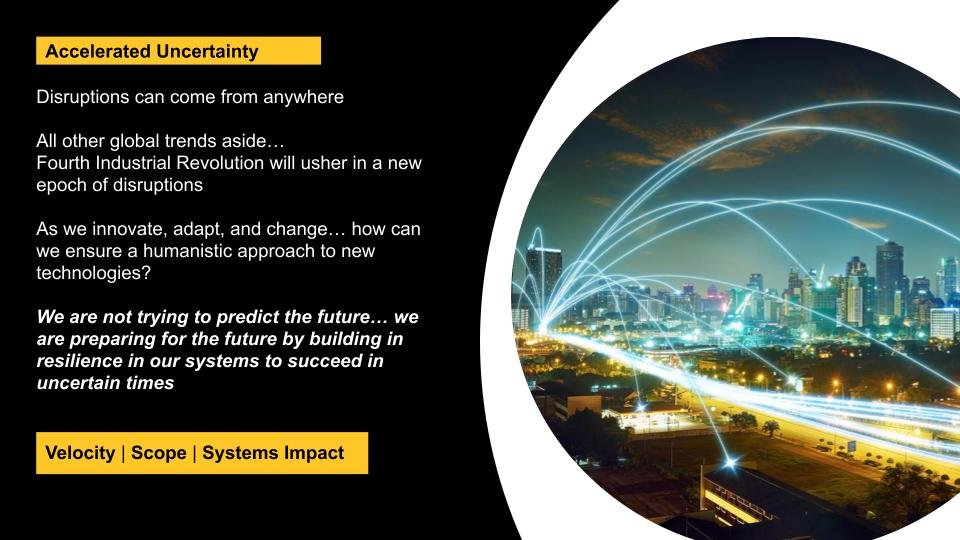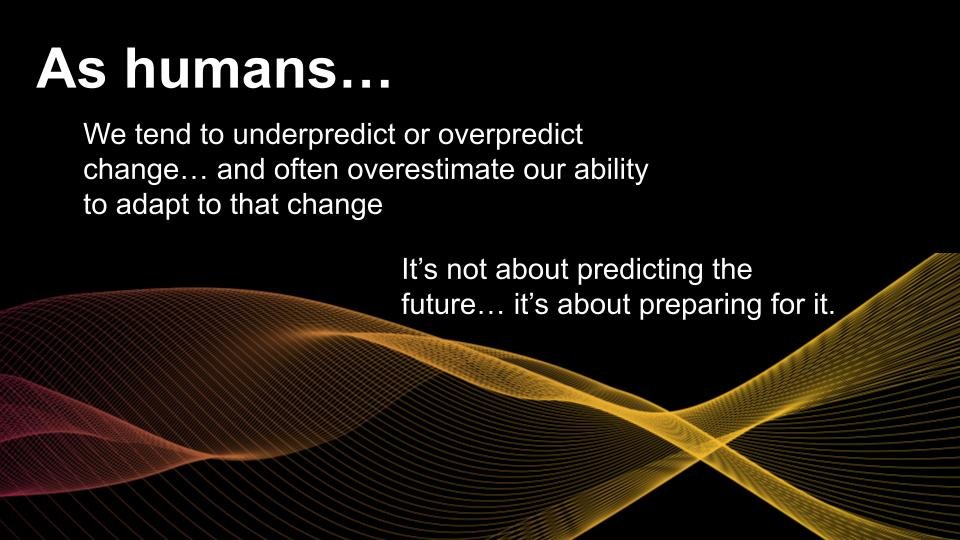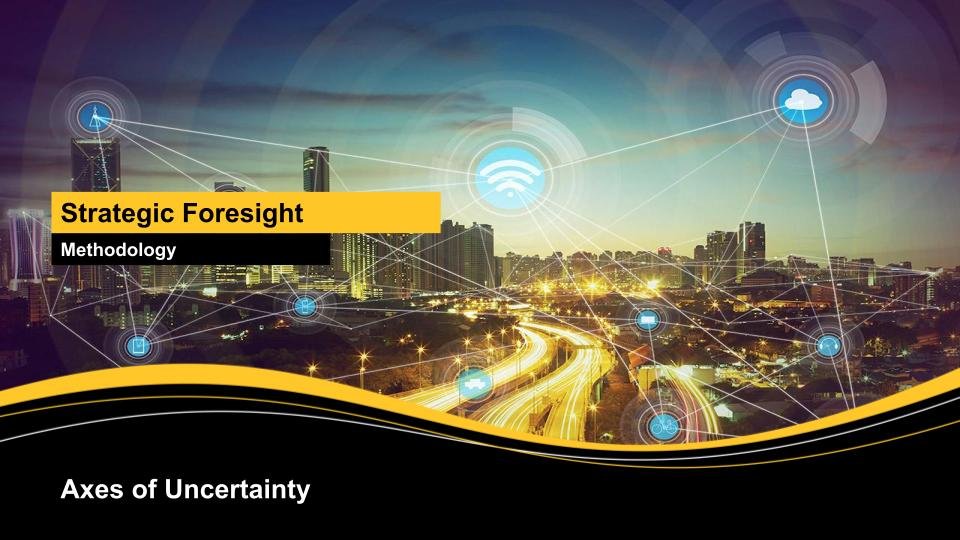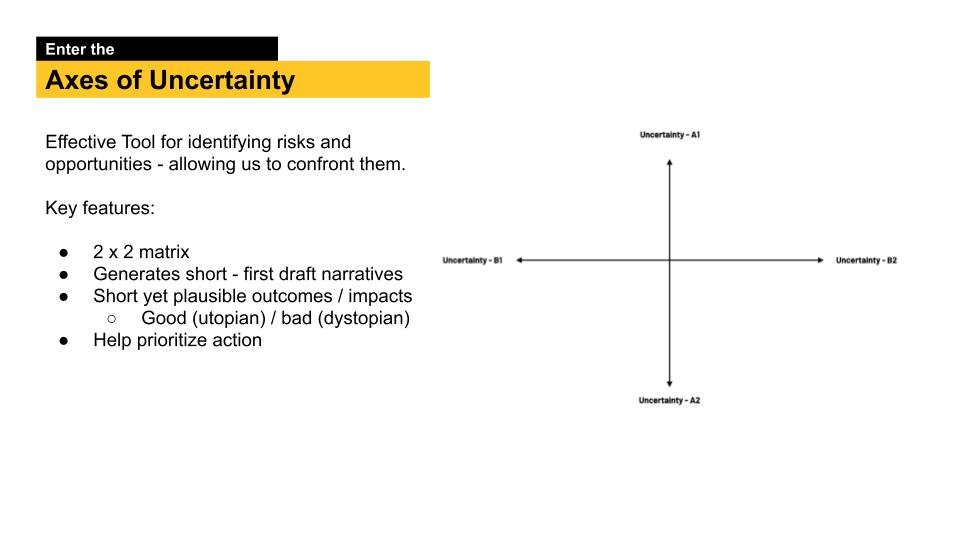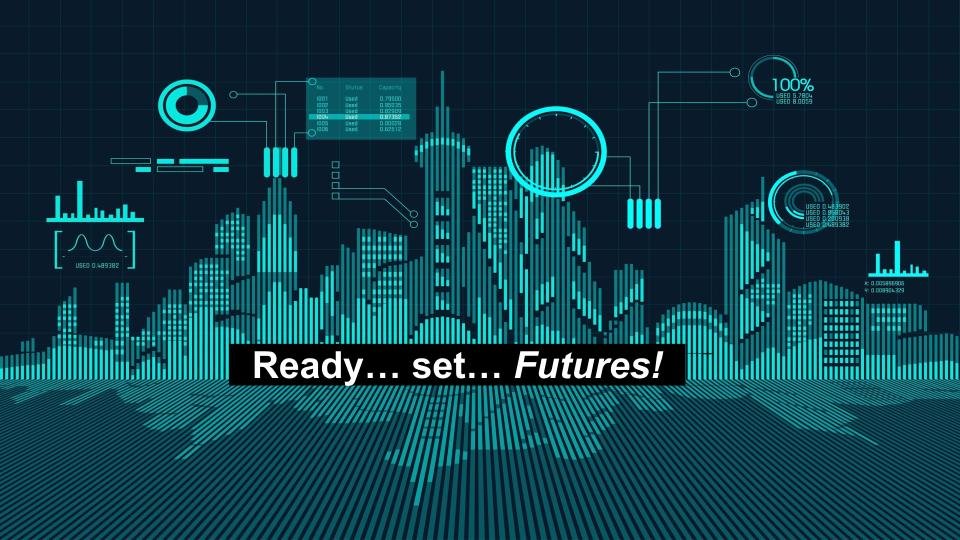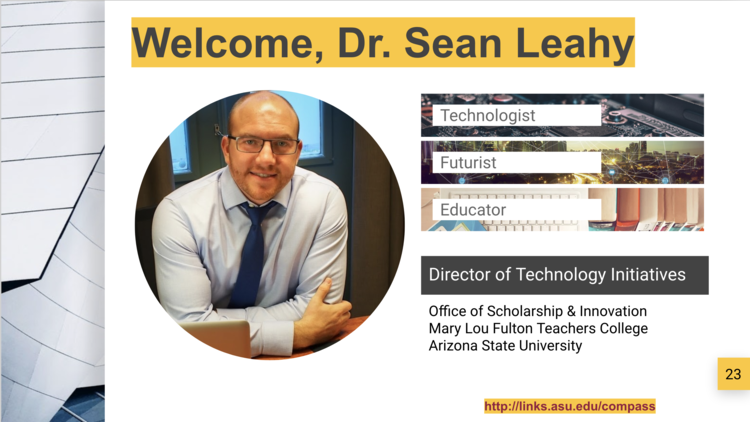The latest episode of the Learning Futures Podcast dives into the transformative technology that has captured our attention and shaped our lives in 2023 - generative AI. Hosted by an expert panel including Punya Mishra, Sean Leahy, Rachna Mathur, and Kellie Kreiser, this insightful discussion explores the impact of AI on various fields and delves into personal experiences with this groundbreaking technology.
The episode kicks off with a warm welcome to the panel of esteemed guests, who bring their diverse expertise to the table. The first topic up for debate is the evolution of AI in education. The panel highlights how AI has become a normalized tool in classrooms, revolutionizing lesson planning and potentially democratizing knowledge. The possibilities are truly endless when it comes to integrating AI into educational practices.
One fascinating aspect the panel delves into is the generational divide in AI perception. They discuss the varying levels of comfort and skepticism towards AI among different generations, highlighting a split between enthusiasts and skeptics. This divide raises important questions about the acceptance and adaptation of AI in our society.
Moving along, the conversation shifts gears to reflect on the significant advancements in generative AI throughout 2023. From AI-generated music to multimodal platforms combining text and imagery, the panel showcases the rapid progress made in this transformative technology. These advancements demonstrate the immense potential of AI to reshape various industries and enhance our daily lives.
A particularly interesting highlight from the episode is when Sean Leahy shares how AI has become an integral part of his family's routine, especially with his children. The immediate immersion and adaptation of younger generations to AI paint a picture of the future, where this technology will be deeply intertwined with our everyday existence. We are witnessing a seismic shift in how AI is perceived and utilized across different age groups.
As the episode draws to a close, the panel reflects on the speed of AI's development and its implications for the future. The educational landscape is undoubtedly one of the areas that will experience substantial changes due to AI, but its potential reaches far beyond that. The panelists leave us with a sense of curiosity and excitement about the endless possibilities that lie ahead.
If you are eager to gain insights into the intersection of AI, education, and daily life, this episode is a must-listen. The expertise of the panelists, coupled with their engaging discussions about the impact of AI and their personal experiences, make this episode captivating from beginning to end. Join the Learning Futures Podcast as they shed light on one of the most transformative technologies of our time and explore what it means for our future.



